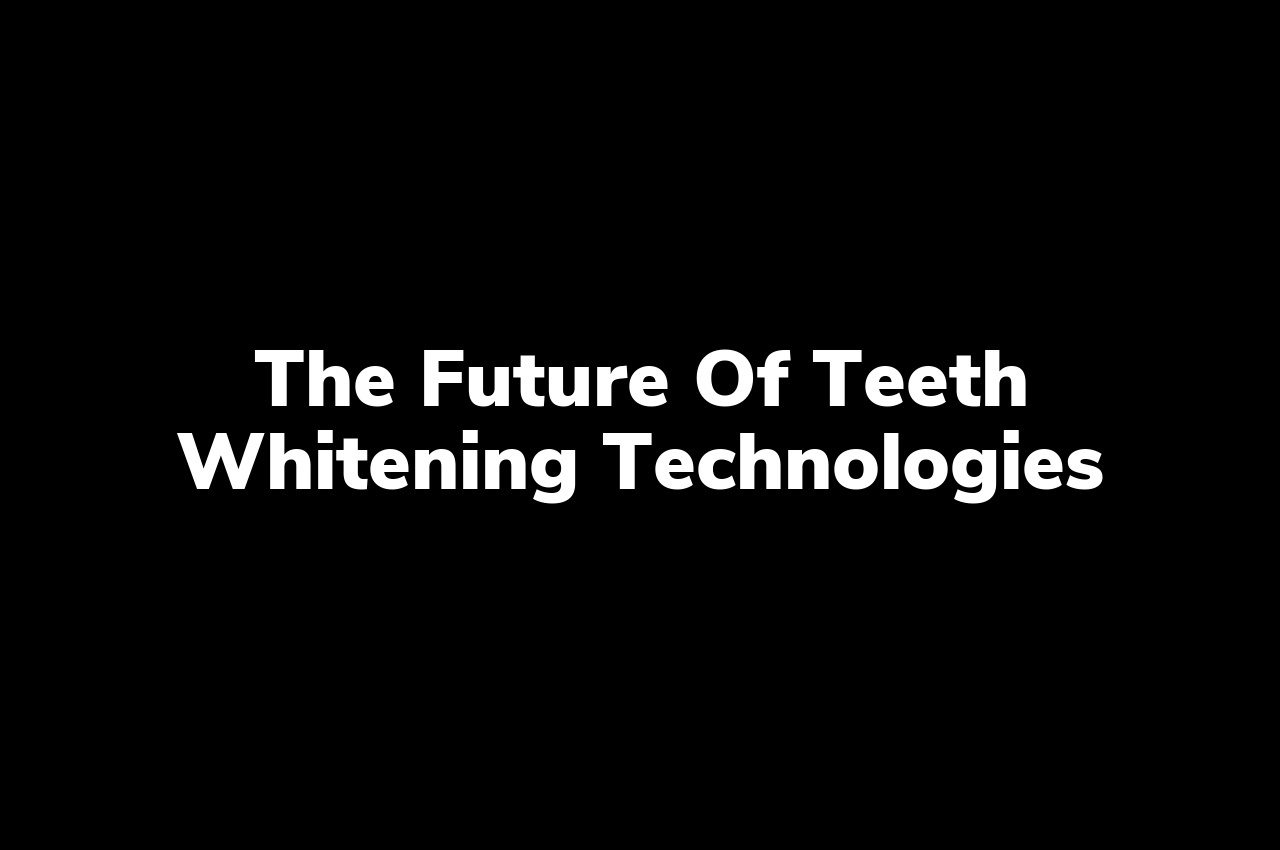What does the future hold for teeth whitening technologies? As we advance, innovative approaches are being developed to enhance the effectiveness and safety of teeth whitening, promising a brighter smile with less discomfort and shorter treatment times. These advancements aim to cater to the growing demand for efficient and accessible dental cosmetic procedures.
Advancements in Laser Whitening Techniques
The realm of dental aesthetics is witnessing a significant transformation, particularly in the field of teeth whitening. Among the various methods available, laser whitening techniques stand out due to their innovative approach and effectiveness. This method utilizes a precise and controlled laser beam to accelerate the bleaching process, offering results that are not only quicker but also more pronounced compared to traditional methods. The evolution of these techniques is a testament to the ongoing research and development aimed at enhancing patient satisfaction and outcomes.
In recent years, the interest in cosmetic dentistry, especially teeth whitening, has surged, as highlighted in Analyzing the Popularity of Teeth Whitening. This growing fascination can be attributed to the desire for a brighter smile, which is often associated with confidence and social appeal. The advancements in laser whitening techniques are particularly noteworthy, as they reflect the dental industry’s commitment to adopting cutting-edge technology to meet consumer expectations. As research continues and these technologies evolve, the future of teeth whitening looks promising, with potential for even more efficient and effective solutions.
Nanotechnology in Teeth Whitening
Nanotechnology is revolutionizing various sectors, and the field of dental care, particularly teeth whitening, is no exception. This advanced technology operates at the molecular level, offering innovative solutions for enhancing the effectiveness and efficiency of teeth whitening treatments. By manipulating materials at the nano-scale, researchers are developing methods that could potentially reduce the time required for teeth whitening procedures while minimizing the risk of tooth sensitivity and damage to the enamel. This approach aims to provide a more comfortable and sustainable option for achieving a brighter smile.
The integration of nanotechnology in teeth whitening represents a significant leap forward in dental care. It underscores a commitment to leveraging cutting-edge science to meet the aesthetic desires of individuals looking for safer, faster, and more effective teeth whitening solutions. As this technology continues to evolve, it promises to open new horizons in cosmetic dentistry, making brighter smiles more accessible than ever before. For those interested in exploring the latest advancements in dental care, Somers Teeth Whitening Services for a Brighter Smile remains at the forefront of offering innovative solutions.
Future of Enamel-Safe Solutions
The landscape of teeth whitening is rapidly evolving, with a significant focus on developing enamel-safe solutions. As we look to the future, the emphasis is on creating technologies that not only deliver dazzling results but also prioritize the health and integrity of the tooth enamel. Innovations in this area are expected to leverage advanced scientific research and materials that minimize abrasiveness while maximizing whitening efficacy. This approach aims to ensure that individuals can achieve their desired smile brightness without compromising the long-term health of their teeth. The commitment to enamel safety is a cornerstone of the next generation of teeth whitening technologies, reflecting a holistic approach to dental care that values both aesthetics and oral health.
Role of Genetics in Whitening Efficacy
The future of teeth whitening technologies is not just about the advancements in treatments or products; it’s also deeply intertwined with our understanding of genetics. The efficacy of teeth whitening procedures can significantly vary from person to person, largely due to genetic factors. These genetic influences can determine the natural color of one’s teeth and how they respond to whitening treatments. As research in this area progresses, it’s becoming increasingly clear that personalized approaches to teeth whitening, taking into account an individual’s genetic makeup, could enhance the effectiveness of these treatments. This insight into the role of genetics opens up new avenues for developing more tailored and efficient teeth whitening solutions in the future. For more information on dental health and services, visit Rosen Dental PC.
Integration of AI in Treatment Personalization
The future of teeth whitening technologies is rapidly evolving, with the integration of Artificial Intelligence (AI) playing a pivotal role in personalizing treatment plans. AI’s advanced algorithms analyze a vast array of factors, including tooth color, enamel type, and individual dental history, to tailor treatments that are unique to each person. This personalized approach not only enhances the effectiveness of teeth whitening procedures but also significantly reduces the risk of side effects, ensuring a safer and more satisfying experience for individuals seeking brighter smiles. As technology progresses, the integration of AI in dental care is set to redefine the standards of cosmetic dentistry, making personalized teeth whitening treatments more accessible and efficient than ever before.
Conclusion
As we look towards the future of teeth whitening technologies, the possibilities are endless. For more insights, read reviews on Google Maps or call us at 914-277-8400.

